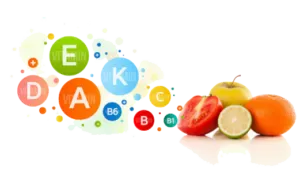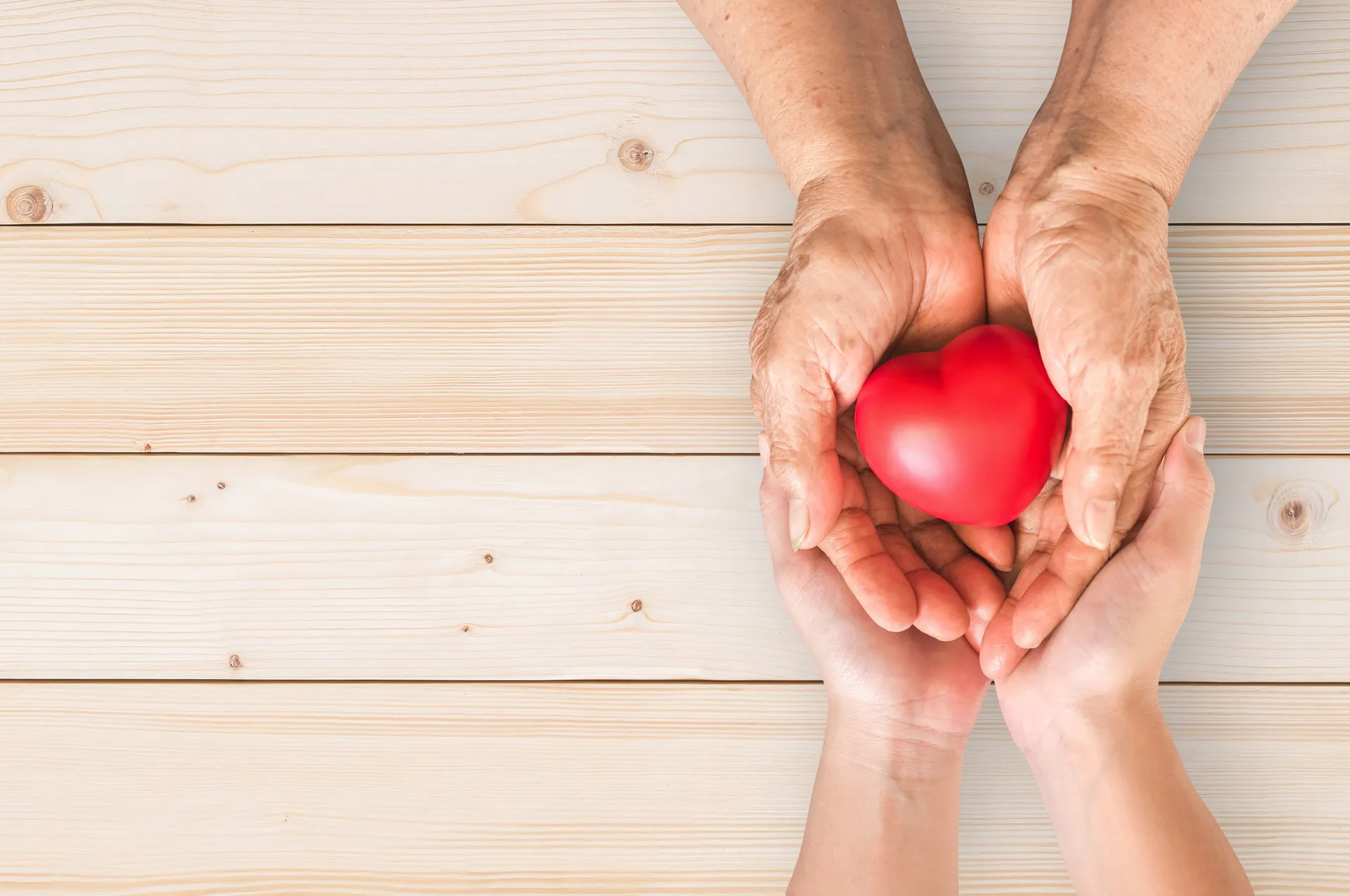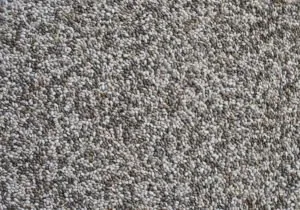As the body ages, it tends to lose necessary vitamins and nutrients. This makes it our job to maintain a healthy diet and take vitamins to replenish what has been lost. Even though there is an overwhelming amount and variety of vitamins on the market, here are some top physicians recommended vitamins for seniors 60 years and older.
VITAMIN B12
This vitamin is highly recommended for seniors and adults alike. This is due to the fact that it produces blood as well as nerve cells. Vitamin B12 is derived from animal foods such as fish, meat, dairy, and eggs. However, aging makes it harder to absorb this vitamin from food, especially if one is diagnosed with atrophic gastritis. Atrophic gastritis is a condition affecting 30 percent of Americans aged 50 and over. Individuals diagnosed with atrophic gastritis have a difficult time absorbing nutrients from food and are therefore required to take specific vitamins. Some contributing factors to a B12 deficit are some medications, antacids, and weight loss surgeries.
VITAMIN D
Vitamin D is another necessary vitamin for seniors as it is needed for the absorption of calcium. Calcium and Vitamin D are significant in that they help prevent osteoporosis, a condition where bone strength weakens and becomes prone to fractures. Another reason why seniors are recommended to take Vitamin D is that it helps nerves, muscles, and the immune system function adequately. Although it is true that humans can acquire vitamin D from sunlight, it becomes more difficult to convert the sun’s rays into this vitamin as one age.
OMEGA-3
Omega-3 is essential for seniors as it is important for the eyes, brain, and sperm cells. These fatty acids cannot be made by the body; therefore, it needs to be supplied through pills or food. Some foods high in Omega-3 content are fatty-fishlike salmon, walnuts, and flaxseed. In addition, omega-3s may also protect against Alzheimer’s disease, macular degeneration, and arthritis.
MAGNESIUM
Magnesium is another great and often forgotten supplement for seniors. Not only does it help the body make protein for bones, but it also helps keep your blood sugar stable. Magnesium can be derived from leafy greens, nuts, and seeds however seniors tend to eat less of these and prefer to take magnesium in a pill form. Additionally, the majority of seniors take medications which tend to leave them short of magnesium.
SELENIUM
Selenium is one nutrient which many might not know about but is essential to the human body. It works to protect the cells from infection, damage, and keeps the thyroid healthy. Further, selenium has also been linked to prevent age-related illnesses like dementia, certain types of cancer, and thyroid disease. An easy way to supplement selenium is to include one to two Brazil nuts a day into your diet or simply take it in a pill form. Make sure to not eat too many Brazil nuts, as too much selenium may cause hair loss.



